Mobile Storage
Tomorrow’s transport systems will rely on the mobile storage of renewable energy.
Gelion is designing the next generation of ultra-high-energy density cathodes and batteries to power drones, unmanned ariel vehicles (UAVs), e-aviation, electric cars, and trucks (EVs).
We are achieving this through the development of next-generation battery technologies enabled by Gelion’s sulfur material technologies.
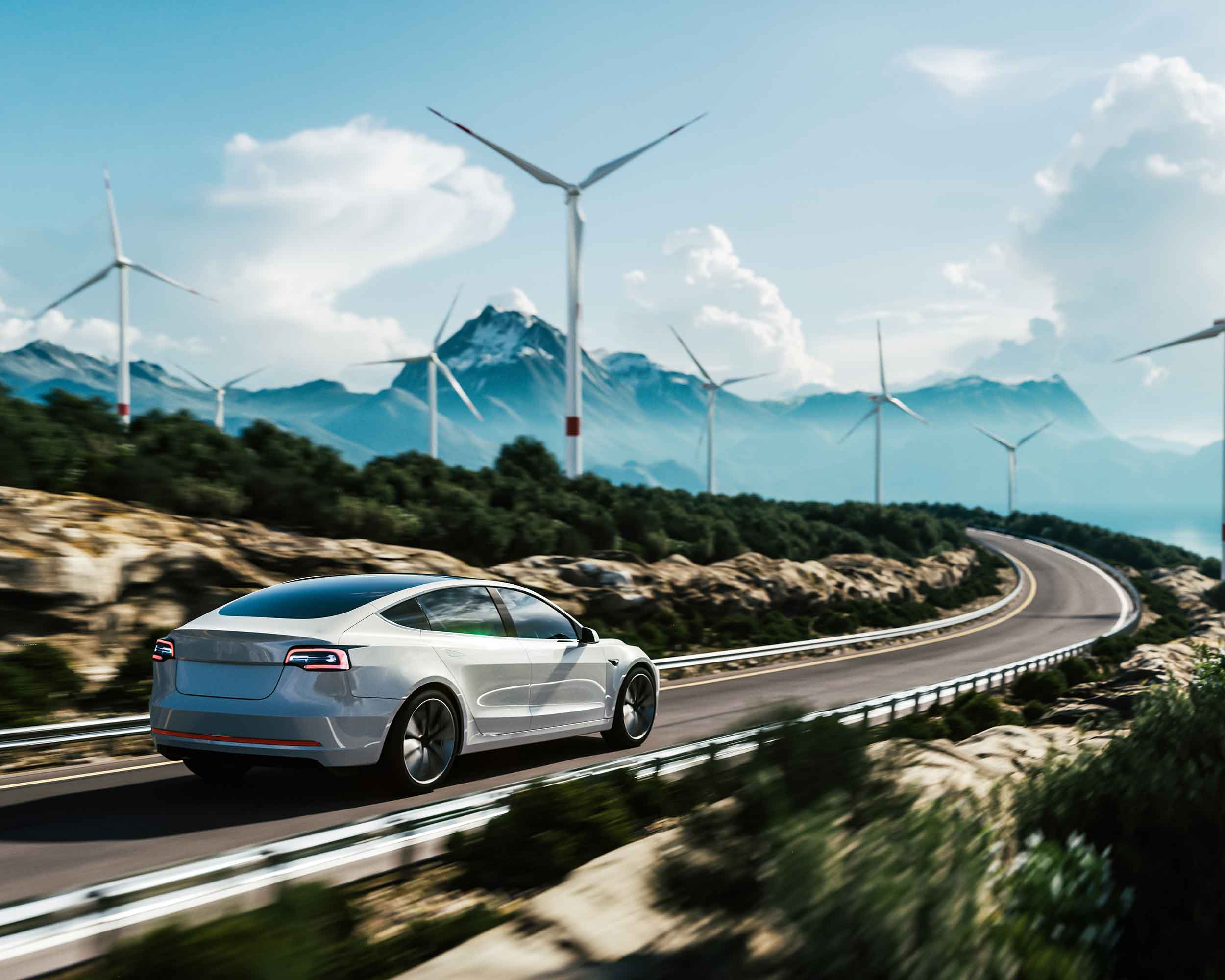
Market Overview
EVs will soon be everywhere. Bloomberg New Energy Finance says that by 2030 the EV market will reach US$7 trillion and US$46 trillion by 2050 (BNEF 2021).
Hybrid e-aviation will arrive as early as 2026, commercialising short-haul flights and by 2040, UBS predicts the entire transport system will be close to fully decarbonised. This means the widespread uptake of new battery technology is inevitable.
Today’s lithium batteries are unable satisfy the required increase in energy density and safety that these applications will demand.
Upgrading lithium-ion batteries with anticipated lithium silicon sulfur batteries will dramatically boost energy density and safety while reducing cost and accelerating our transition to a sustainable future.
Gelion will be at the centre of the energy transformation.

Drones/UAVs

E-Aviation
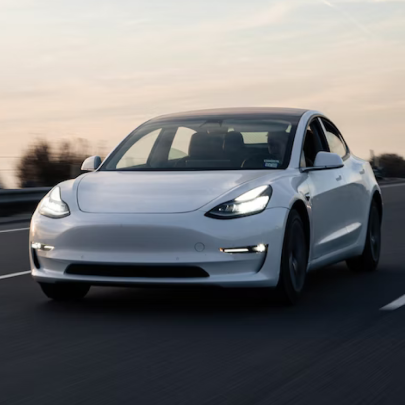
Passenger EVs
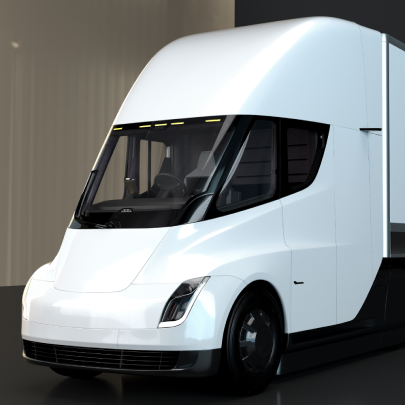
Heavy EVs

Drones/UAVs

E-Aviation

Passenger EVs

Heavy EVs

Gelion’s Lithium Sulfur Battery Advantages
Lighter, safer, greener batteries with double the energy density at a lower cost
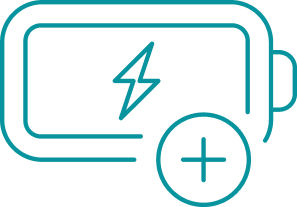
Double the gravimetric energy density
Gelion’s Li-S is targeting double the gravimetric energy density of current Li-ion batteries.

Bill of materials cost savings of 45% 1,2
Gelion estimate Li-S can achieve up to 45% saving on bill of materials versus Li-ion NMC (nickel, manganese, cobalt) 1,2.

Improved safety
Sulfur cathode is more stable at high temperatures, minimising risk of thermal runaway related fires and explosions.

Metal free cathode, 30%3 reduction in carbon lifecycle
Research estimates sulfur batteries’ carbon lifecycle will be 30% lower than current Li-ion technology with improved supply chain.
1Bloomerg forecast modelling (2023)
2Gelion management estimates at multi GWh-scale based on Bloomberg forecast modelling (2023, India production)
3Comparative life cycle assessment of Li-Sulphur and Li-ion batteries for electric vehicles, G. Benveniste, Nov 2022

Double the gravimetric energy density
Gelion’s Li-S is targeting double the gravimetric energy density of current Li-ion batteries.

Bill of materials cost savings of 45%
Gelion estimate Li-S can achieve up to 45% saving on bill of materials versus Li-ion NMC (nickel, manganese, cobalt)

Improved Safety
Sulfur cathode is more stable at high temperatures, minimising risk of thermal runaway related fires and explosions.

Metal free cathode, 30% reduction in carbon lifecycle
Research estimates sulfur batteries’ carbon lifecycle will be 30% lower than current Li-ion technology with improved supply chain.
Our Technology Pathways

Sulfur Cathode Materials
Gelion is developing sulfur cathode materials that significantly increase performance, enabling higher energy density cathodes through effective sulfur management.
Gelion is also progressing additional technologies to optimise the lithium-sulfur batteries.

Sulfur Cathode Materials
Gelion is developing sulfur cathode materials that significantly increase performance, enabling higher energy density cathodes through effective sulfur management.
Gelion is also progressing additional technologies to optimise the lithium-sulfur batteries.

Sulfur Cathodes
Gelion’s sulfur cathode aims to replace existing lithium-ion cathodes e.g. nickel-manganese-cobalt oxide with a higher energy density, safer, lower cost alternative.
Global scale-up of sulfur cathode technology could be achievable because just 1.1% of annual sulfur production is all that is required to meet the projected 2.7 TWh of EV related battery requirements by 2030¹.
¹BNEF, Long-term Electric Vehicle Outlook 2021
Sulfur Cathodes
Gelion’s sulfur cathode aims to replace existing lithium-ion cathodes e.g. nickel-manganese-cobalt oxide with a higher energy density, safer, lower cost alternative.
Global scale-up of sulfur cathode technology could be achievable because just 1.1% of annual sulfur production is all that is required to meet the projected 2.7 TWh of EV related battery requirements by 2030¹.
¹BNEF, Long-term Electric Vehicle Outlook 2021
Lithium-Sulfur Batteries
By using a safe liquid electrolyte, the lithium-sulfur battery will be able to be produced using largely the existing Li-ion manufacturing infrastructure, resulting in faster speed to market and minimal additional capital expenditure.

Lithium-Sulfur Batteries
By using a safe liquid electrolyte, the lithium-sulfur battery will be able to be produced using largely the existing Li-ion manufacturing infrastructure, resulting in faster speed to market and minimal additional capital expenditure.
Discover the leading-edge performance powering tomorrow’s transport.

Discover the leading-edge performance additives powering tomorrow’s transport.
